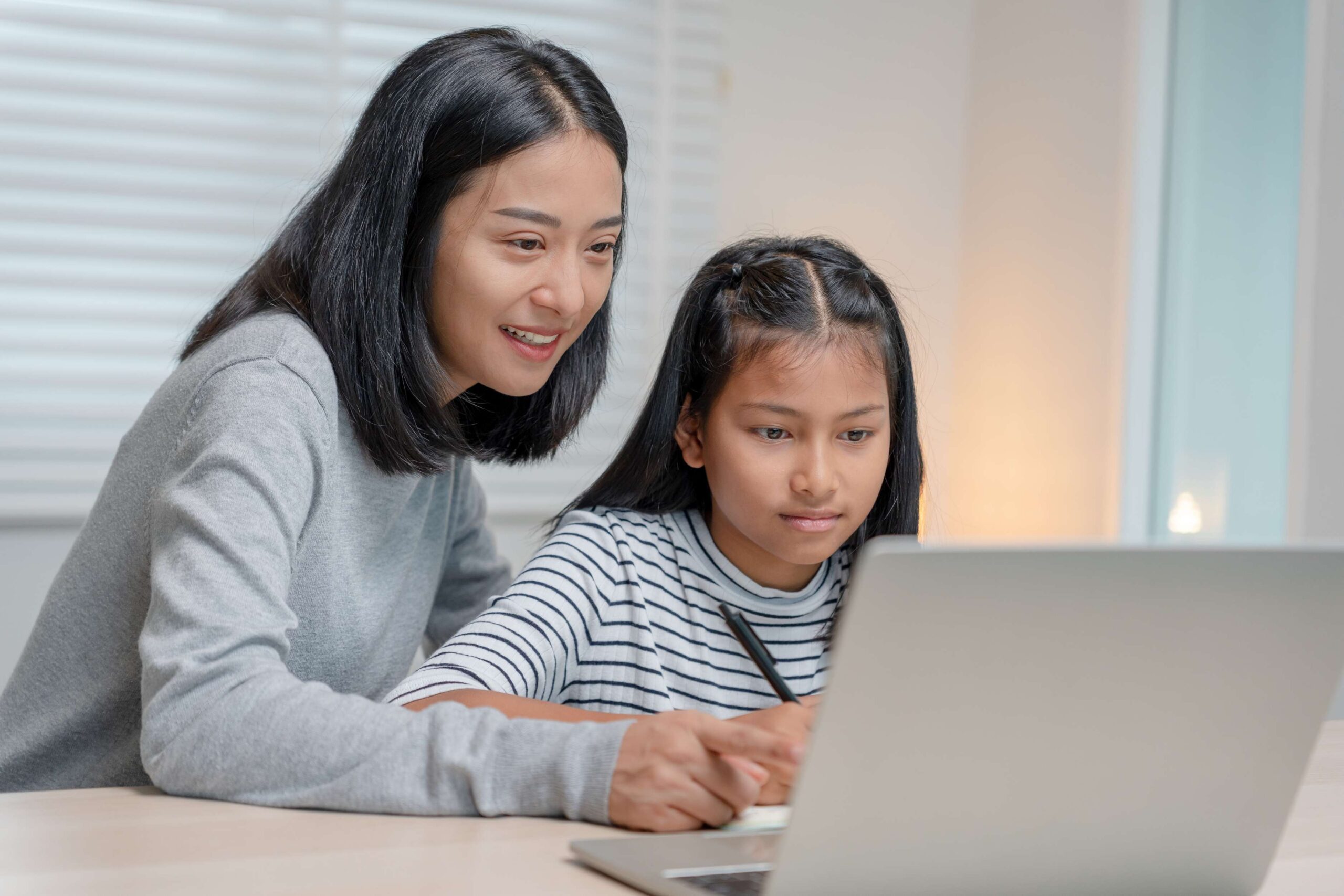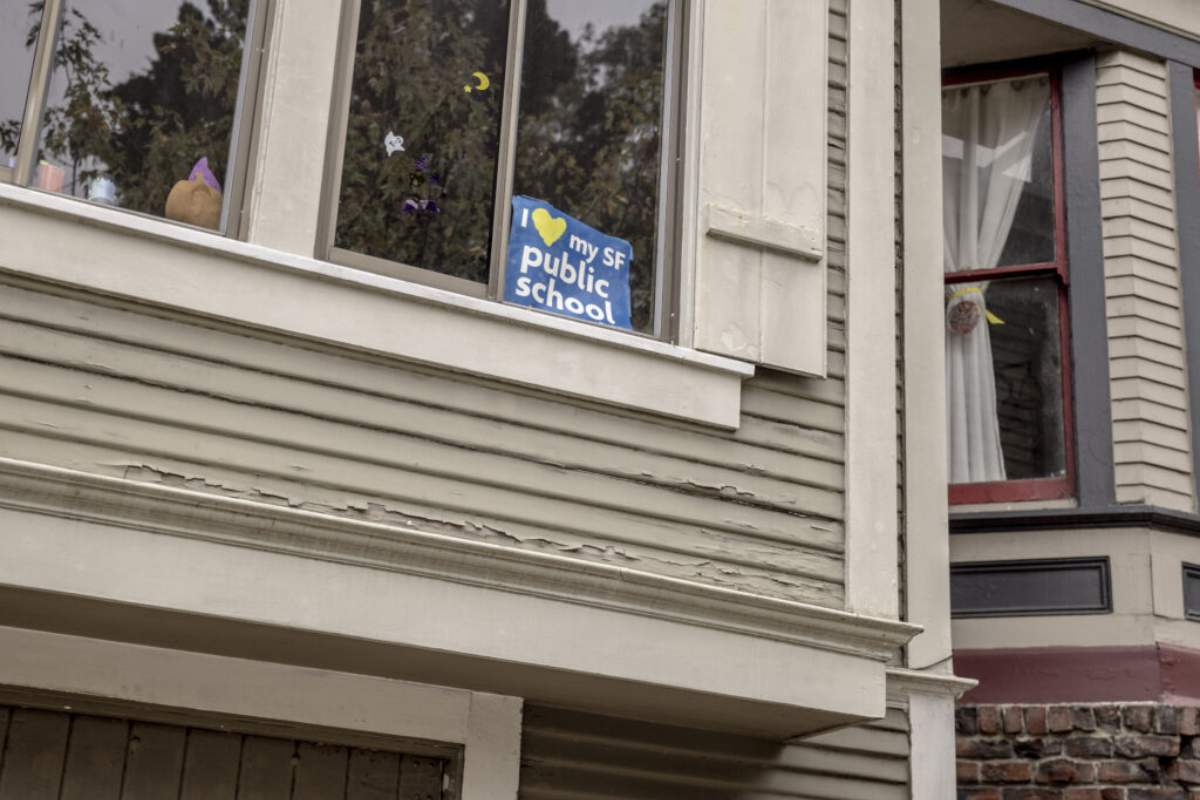To equal the record-low 36% reading on this measure, which Gallup has been tracking for 24 years, Americans’ satisfaction with the quality of K-12 education in the U.S. has dropped six percentage points during the past year. In contrast, 76% of parents of K–12 children say they are “completely” or “somewhat” satisfied with the education their eldest child is receiving, which is much higher than the low of 67% on that measure from 2013.
Since 1999, when Gallup initiated its annual inquiries into these two questions every August, a consistent and notable disparity has persisted between parents’ satisfaction with their child’s education and the broader American perception of the quality of U.S. education, averaging a substantial 31 percentage points.
The most recent data gathered from a poll conducted between August 1st and 23rd, reveals that Americans’ overall contentment with the quality of K-12 education in the nation is trailing nine points behind the historical average of 45% for this particular metric. Conversely, parents’ satisfaction with their school-aged child’s education aligns with the historical average for this measurement.
Parents are satisfied
In summary, 35% of parents whose children are in K-12 education express being “completely satisfied” with their child’s educational experience, while 41% report being “somewhat satisfied.” Additionally, 12% of parents express being “somewhat dissatisfied,” and 9% indicate being “completely dissatisfied.” In contrast, only 8% of the broader American population express being “completely satisfied” with K-12 education at the national level, with 28% reporting as “somewhat satisfied.” Furthermore, 38% express “somewhat dissatisfied,” and 25% report being “completely dissatisfied.”
Satisfaction with K-12 education is slightly higher than the general public’s level of satisfaction
Notably, parents’ more positive assessments of education are primarily reserved for their direct experiences with their own children. Their satisfaction with education nationally, at 41%, is only slightly higher than the general public’s level of satisfaction, which stands at 36%.
Parents of K–12 pupils are pleased with both their children’s teachers and the caliber of the education their children are receiving. The performance of the instructors of their children is rated as “excellent” (36%) or “good” (37%), while 20% and 7% of parents give a “fair” and “poor” assessment, respectively. These evaluations, which are comparable to those from the last time the topic was posted in 2018, might help to explain, at least in part, why parents have such high opinions of their kids’ education.
Also Read: Why The Alarming Deterioration In K–12 Education May Be A Major Issue In 2024?










